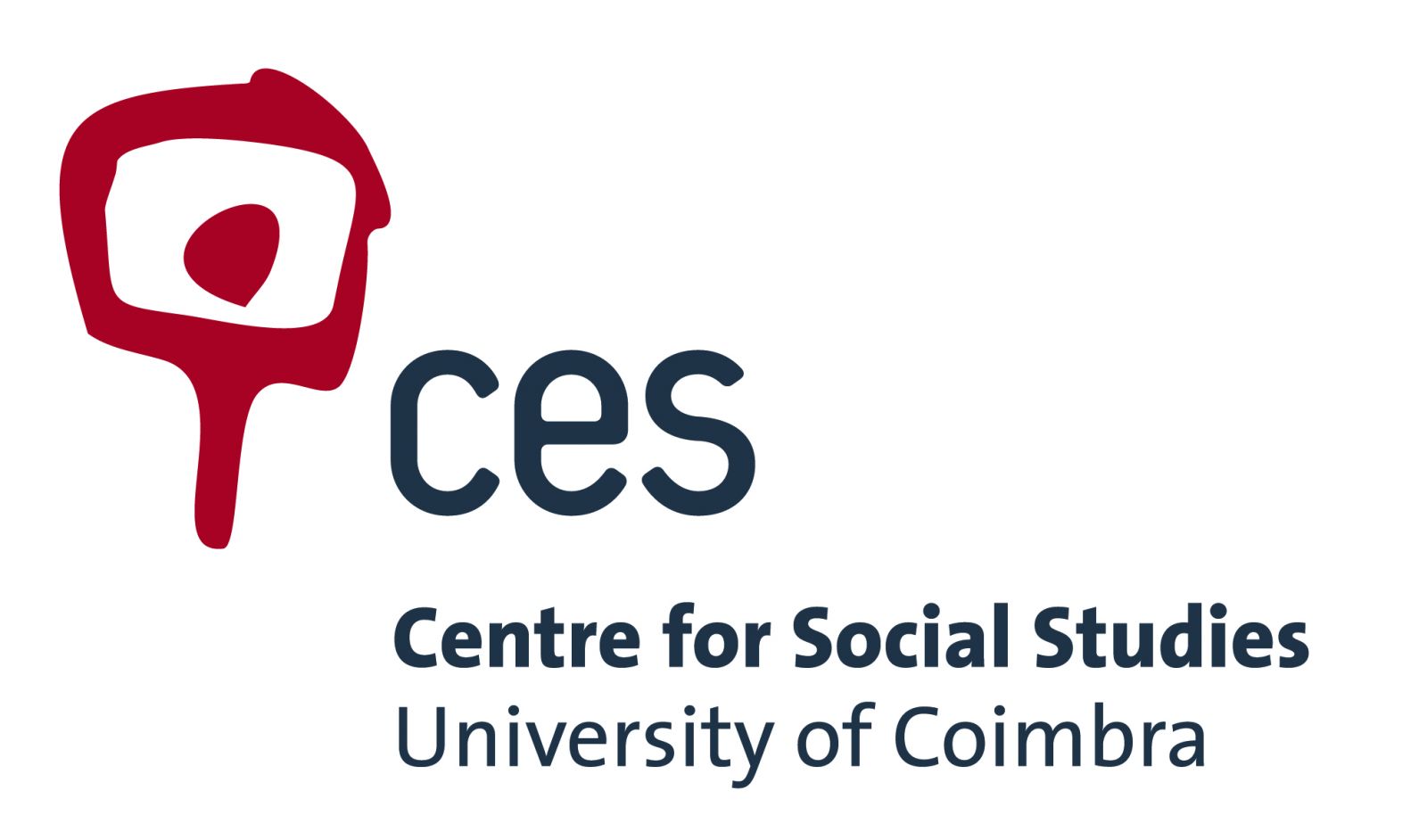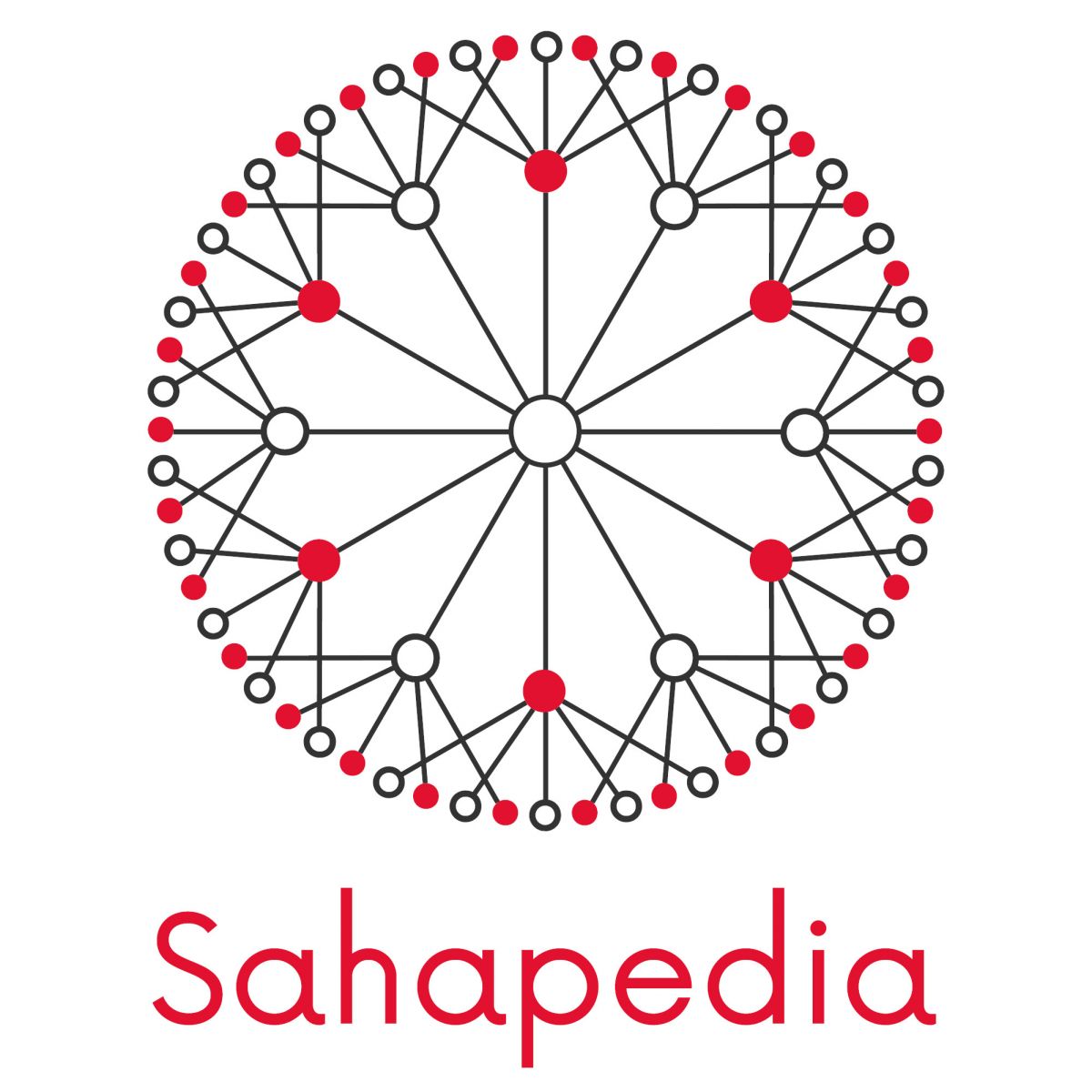An international series of associated events
Cultural Mapping Conversations
August 2021 - January 2022
Onlne
Photo: Malena Gonzalez Serena_Unsplash
Cultural mapping comprises an array of interdisciplinary approaches of inquiry and practice that serve as modes and platforms for investigation, provocation, exploration, and analysis of cultural resources – both tangible and intangible. Projects may focus on cultural sector assets and dynamics or on the cultural dimensions of the wider community(ies). Cultural mapping processes can bring a diverse range of individuals into conversation about the cultural character, significance, and workings of a place. Cultural mapping projects can make cultural elements more visible, illuminate the multidimensional cultural aspects of a community, and articulate the way in which places embody meaning for those who live there.
As concepts, approaches, and practices of cultural mapping evolve internationally in different contexts, it is increasingly important to foster greater awareness, knowledge-sharing, and connections among artists, researchers, and other practitioners in this growing field. The Cultural Mapping Conversations series emerged as a collective effort to bring together and discuss various practices, approaches, and emerging questions in a variety of international contexts. It provides a platform for flexible, accessible, and interactive formats that provide opportunities for presentations of projects, discussions of approaches and perspectives, and dialogue. While it is impossible to cover the many, many significant projects occurring, we have designed the series as an “open” one that invites additional participation going forward.
We believe the Cultural Mapping Conversations series is an important step in nurturing the development of cultural mapping as a diverse and connected international field that is inclusive, experimental, and innovative; a field that develops approaches that resonate in the contexts in which they are formulated and implemented and that can inspire and inform practices elsewhere.
Partner organizations
The Centre for Social Studies (CES) of the University of Coimbra, Portugal, is a scientific institution focused on research and advanced training in the social sciences and the humanities. From its foundation in 1978 at the Faculty of Economics, University of Coimbra, CES has offered an inter- and transdisciplinary perspective, doing research with and for an inclusive, innovative and reflexive society by fostering creative critical approaches to some of the timeliest challenges of contemporary societies. At the core of CES’ scientific strategy is the goal of democratizing knowledge, reenergizing human rights and contributing to making science a public good. CES’ work encompasses a wide range of scientific and outreach activities, at the national and international level, with particular emphasis on the fostering of North-South and South-South dialogues. CES is currently involved in over 75 research projects, 12 PhD programmes jointly offered with the University of Coimbra, and organizes advanced training courses, seminars, conferences, colloquia and other activities aimed to impact public policies and society beyond academia. CES thus strives for the development, dissemination and application of cutting-edge science, to advance research and training of excellence. The CES team currently comprises 145 researchers, a little over 50 post-doctoral researchers and nearly 500 PhD students, 60 junior researchers and 32 staff members. Among its diverse research areas, CES has internationally recognized skills in the field of research on cultural mapping, creative and cultural tourism, community involvement and participation, gender studies and community-based observation and analysis.
CAST Contemporary Art and Social Transformation is a research group based in the School of Art at RMIT University, Melbourne, Australia. CAST produces art research that critically engages with environmental, social and public spheres with a particular interest in how artistic practices intersect with issues of equity, access and democracy. CAST is a hub for critical thinking, collaboration and the exchange of ideas, knowledge dissemination, practice-led artistic research and socially-engaged art practice. CAST engages on local and international levels by collaborating with practitioners, communities, industry, and government partners.
Sahapedia is an open online resource on the arts, cultures and heritage of India. “Saha”, Sanskrit for “together with”, is an invitation to explore together the richness of our cultural landscapes. Sahapedia is a non-profit organisation registered in India under the Societies Registration Act of 1860. SAHAPEDIA'S MISSION is to creatively engage with culture and history to reveal connections for a wide public using digital media.
The Institute for Urban Humanities (IUH) of University of Seoul was established in 1992. With interdisciplinary research on urban studies, the Institute provides a theoretical framework for urban humanities and a humanistic vision for "Digital Polis," the new urban community in the era of digital urbanism. IUH also sponsors a series of colloquia and conferences concerning urban humanities, often in cross-cultural collaboration with other academic fields like sociology, geography and anthropology. The Institute’s research and activity incorporates: basic research, archival collection, and research support for urban humanities; Institute of Urban Humanities Forum and Conference; and publication of the journal Studies in Urban Humanities; and publication of edited volumes and monographs, and translated Korean versions of great works on urban humanities.
Based in the small city of Kamloops, British Columbia (Canada), Thompson Rivers University’s XChange Lab houses a number of related community-engaged research initiatives that champion community and cultural mapping methods and practices. The Lab’s research activities receive funding from Mitacs, the Vancouver Foundation, the City of Kamloops, Thompson Rivers University, and the Social Sciences and Humanities Research Council of Canada—and support a research team of five student research assistants, three postdoctoral fellows, a research director, and a supervising professor. Community research partners include the United Way, the City of Kamloops, the Interior Health Authority, the Island Health Authority, the Salmon Arm Art Gallery, the Comox Valley Art Gallery, and numerous associated non-profit sector organizations. Our current research program focuses on the proposition that small cities are increasingly challenged to develop cultural and social policies—and related cultural policy research methodologies—that are expected to work with (or for) other policy areas such as economic development, crisis and emergency management, housing and homelessness, public health, environmental sustainability, social inclusion, and urban planning. We are exploring how cultural mapping provides a ready approach and platform for this intersectoral work, and a ready vehicle for social action.








